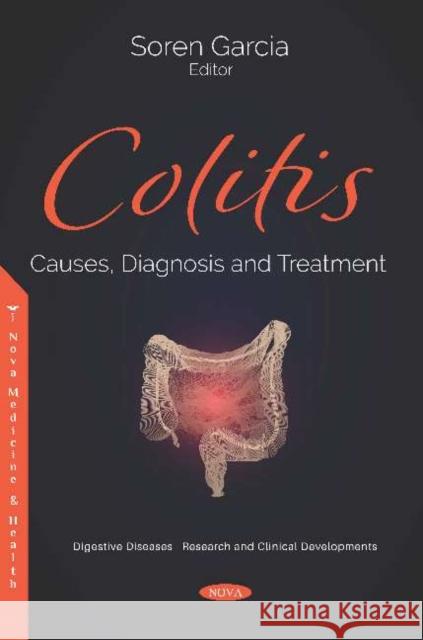Colitis: Causes, Diagnosis and Treatment: Causes, Diagnosis and Treatment » książka
Colitis: Causes, Diagnosis and Treatment: Causes, Diagnosis and Treatment
ISBN-13: 9781536166316
Clostridium difficile and its toxin-producing strains are the most common causative agents of Clostridium difficile infections. It is an inflammatory bowel disease predominantly caused by prior antibiotic treatment. The use of broad spectrum antibiotics suppresses bacterial intestinal microflora and causes overgrowth of the Clostridium difficile, and often occurs in immunocompromised, older and polymorbid patients. Following this, the authors discuss inflammatory bowel disease (including ulcerative colitis), a complex, multifactorial disease of unknown etiology. Intestinal sulfate-reducing bacteria, especially Desuflovibrio, are often found in the intestines and feces of people and animals with inflammatory bowel disease. Of late, the incidence of autoimmune colitis both in adults and children has been progressively increasing globally. The efficacy of conventional therapeutic measures is questionably limited due to short-term immunosuppressive effect along with possible serious side effects. As such, the authors present evidence from epidemiological studies that has demonstrated an inverse relationship between the occurrence of parasitic diseases and various autoimmune pathologies.











